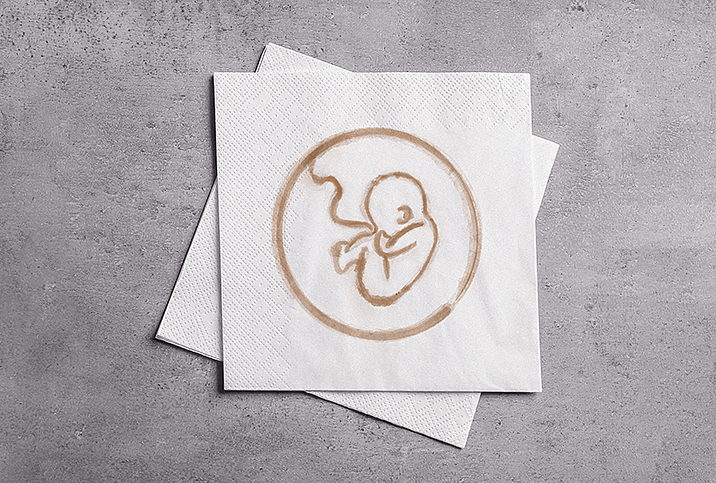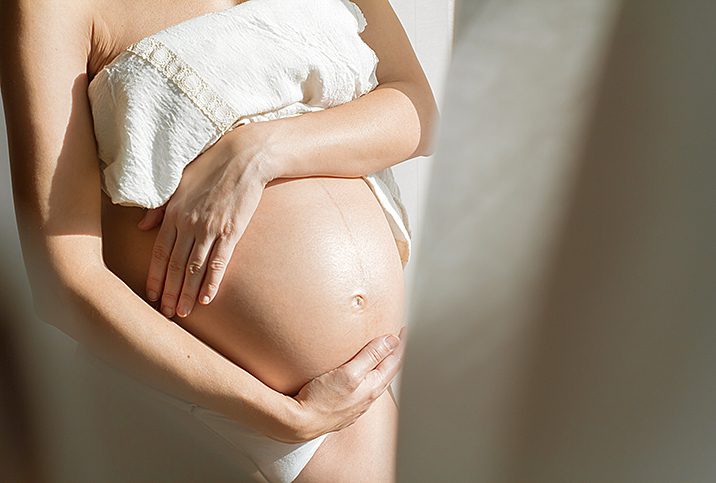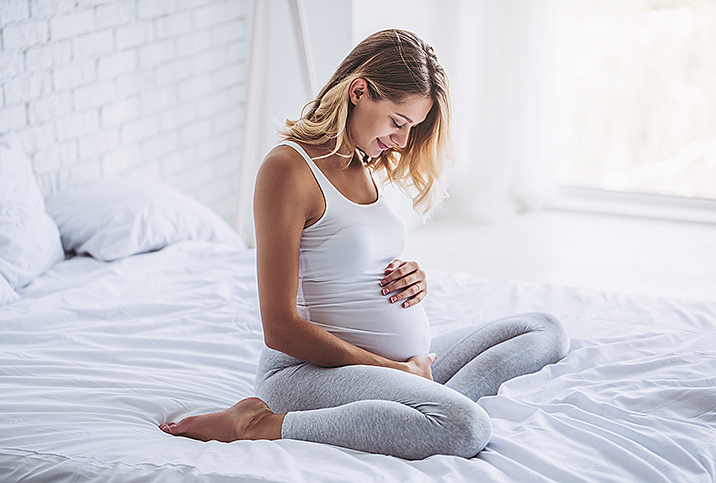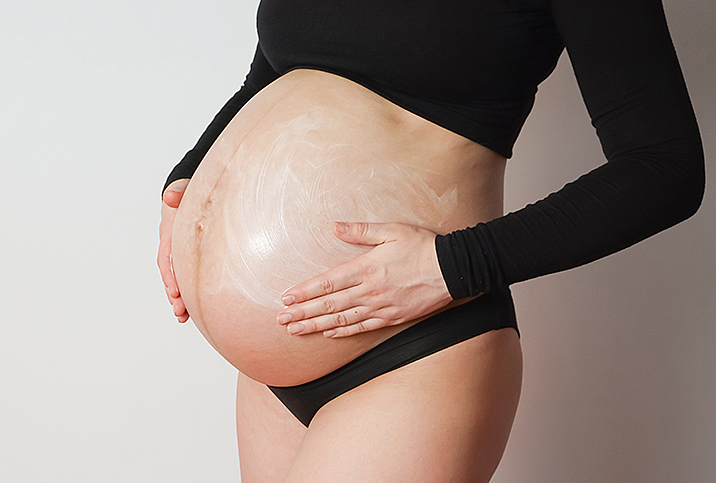The Caffeine Addict's Guide to a Safe and Healthy Pregnancy

Most pregnant women consume some caffeine, but too much is associated with adverse effects for the baby. Research connects high caffeine intake to an increased risk of miscarriage, stillbirth, smaller babies and acute childhood leukemia.
Now, while this information is enough to put most expecting moms on high alert, many women continue to enjoy a cup of Joe when they're pregnant and experience no negative outcomes.
Caffeine is a habit-forming drug that's difficult to quit, especially during pregnancy when fatigue is at an all-time high. Along with cancer-fighting antioxidants, coffee contains potassium, magnesium and niacin. Moderate coffee intake offers health benefits, lowering the risk of type 2 diabetes, heart disease and Parkinson's disease.
In addition to all of that, you may see coffee breaks as a moment to sit and relax, giving you an opportunity for self-care throughout the day.
How much caffeine can I have in pregnancy?
Scientific evidence on unfavorable pregnancy outcomes has led some researchers to advise women to avoid caffeine during pregnancy altogether. But this advice may not be realistic or necessary for all expecting mothers.
If you have other risk factors, such as a history of preterm labor or miscarriage, you may want to be especially cautious with caffeine. Your doctor can answer specific questions about how much coffee is safe for your individual pregnancy.
The American College of Obstetricians and Gynecologists advises pregnant women to limit their daily caffeine intake to 200 milligrams or less. This is the amount you'll find in 12 ounces of coffee. The average mug size in America holds between 8 and 12 ounces of liquid.
Strategies to cut back on caffeine
If it's the taste of coffee you're craving, switching to decaf is an easy way to reduce your caffeine intake. You could wean yourself off slowly by brewing "half-caff" coffee with a mix of decaffeinated and regular.
Depending on how dark you like your coffee, a shot of espresso may be lower in caffeine. A typical coffee cup has about 96 milligrams of caffeine, whereas a shot of espresso has 64. You might also consider switching to a skim milk latte with one espresso shot for an extra calcium boost in the morning.
Another option is substituting a hot cup of tea. Regular black tea has 47 milligrams of caffeine, about half as much as regular coffee, and decaf varieties are also available. Green tea registers slightly lower with 28 milligrams per cup. Although herbal teas are typically caffeine-free, many types may not be safe during pregnancy. Ask your OB-GYN before incorporating any herbal teas into your daily regimen.
Additional sources of caffeine
Keep in mind that the recommendations for caffeine refer to your total intake for the day. Beyond coffee, espresso and tea, there's caffeine in chocolate (including hot chocolate), energy drinks and soda. However, because of additional concerns regarding sugar and other additives, it may be best to avoid energy drinks and caffeinated soda altogether while pregnant.
For a good insight into how much caffeine you're consuming, try keeping a daily diary of everything you eat and drink. If chocolate or other caffeinated products are part of your routine, be sure to factor them into your daily allotment.

















